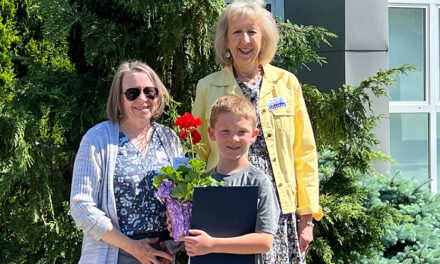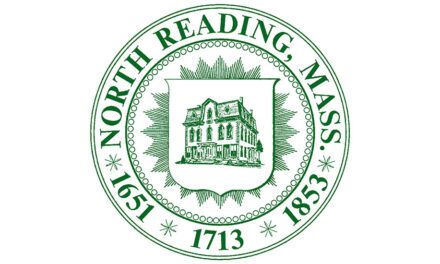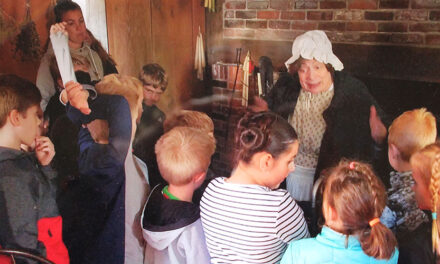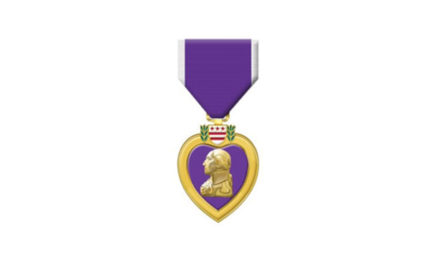By BOB TUROSZ
NORTH READING – With a goal of bringing MWRA water to North Reading as the town’s primary water supply by 2019, the Selectmen held a workshop recently to brainstorm the path forward.
The board met with Rob Williamson and Paul Brickman, two environmental engineers from Wright-Pierce, the town’s consultants on the project for a discussion about navigating the permitting process, developing a financial plan, working with the town of Reading to bring MWRA water here and also obtain a consensus on how to pursue sewerage in the long term.
If hooking up to the MWRA for water supply is a five year goal, the introduction of sewerage to town, even on a limited basis, is at least a decade away, all the board members agreed. Also at the workshop were DPW Director Dick Carnevale, Water Superintendent Mark Clark and former Selectman Joe Foti.
Selectman Chairman Robert Mauceri noted the board has been negotiating with Andover for a year on renewal of the intermunicipal water supply contract. But this is not viewed as a long term solution to North Reading’s water supply needs. Mauceri said they’ve always known bringing MWRA water to town would take five years.
At the present time, two-thirds of North Reading’s daily water supply comes from Andover, according to Town Administrator Michael Gilleberto, with the remaining one-third coming from town wells that are nearing the end of their useful lives and in need of investment. At the same time, the town has been evaluating the need to replace those wells and the MWRA is the most viable alternative being looked at.
“That’s largely the result of multiple indications we’ve had from Andover that it would be a challenge for them to supply us with more water than we receive now,” Gilleberto said. The Selectmen made a commitment last fall to explore the MWRA option, based on the system’s proven capacity to supply North Reading’s needs as well as the “differential in rates” compared to what North Reading pays Andover.
Of the two issues, sewerage will have to negotiate a far trickier permitting process and environmental review. Although the water supply and sewerage issues are on parallel tracks right now, at some point they will separate with water supply assuming a faster track, the T.A. explained.
In the coming weeks and months the board needs to complete a financial plan, said Mauceri. “We need to figure out how we’re going to fund this in relation to the water rates or other funding methods. If we have to make changes in the water rates we may even have to consider a stormwater fee to the water rate, something like that,” he said.
In the meantime, North Reading is still talking to Andover and trying to nail down a water purchase deal that will take the town to the point it can make the switch to MWRA. When the town completes its MWRA connection, the intent would be to turn off the Andover connection and maintain it only for emergency use, he said.
Mauceri said they talked to Andover about having them supply all of North Reading’s water needs and the results were “mixed signals” and the results were very slow. Gilleberto commented it doesn’t appear Andover can meet all of North Reading’s projected future needs.
Mauceri said the board has to put its energy into resolving the water supply issue but keep the sewerage moving at the same time. “We have to get moving if we’re going to have water in the next four years from the MWRA,” he said.
Consultant Brickman said the water supply issue is likely to go smoothly but the sewerage proposal is likely to draw a number of comments from outside interests that could slow down the issue. He said there are benefits to keeping the two projects together for the time being “as long as that suits your vision.”
Selectman Stephen O’Leary disagreed. “I say, separate them tonight. From an economic standpoint, the feasibility of us getting anything on the magnitude of what we need for sewerage isn’t feasible. The water is paramount. I don’t see the sewerage issue being settled in the next 10 years. It isn’t economically feasible right now.”
Mauceri agreed that the MWRA water supply was always their first priority and viewed as a five year project. Sewerage was always looked at as at least a 10 year project. The priority is to have the MWRA water in four years, he said.
There may be smaller sewerage options available and the ability to sewer a piece of the town at a time, said Brickman. For instance, there may be a way to connect the Concord Street corridor to the MWRA sewerage system. Brickman and Carnevale both thought this is worth looking into.
Water Supt. Clark also cautioned against separating the water and sewerage projects too early. He thought it would be preferable for the two to go forward together at least through the initial phases. “We’re going to get to the point where the economics of the situation will separate them,” he said.
Mauceri summed up the Board’s priorities this way: “We want to have a new source of water here in four years.” And sewerage in some form has a much longer time frame and is yet to be defined but it clearly includes Martins Pond, Route 28 and Concord Street.




